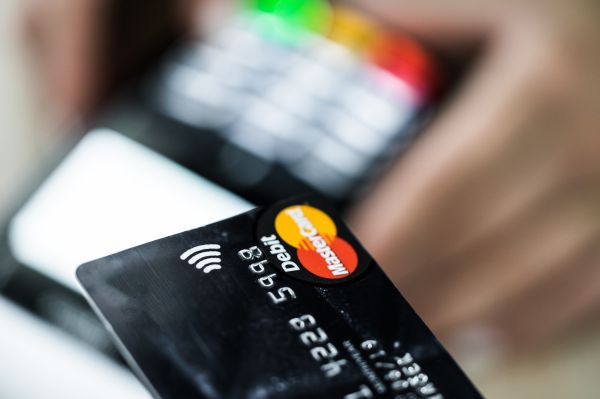Credit for Self-Employed Without BWA: A Comprehensive Guide
This article provides an in-depth examination of how self-employed individuals can secure credit without Bank Verification of Income statements. It explores alternative documentation, eligibility criteria, and practical strategies for obtaining financing, encompassing both traditional and alternative lending options.
Understanding Credit for Self-Employed Individuals
Self-employment brings various benefits and challenges, particularly when it comes to credit. Unlike traditional salaried employees, self-employed individuals often face hurdles in proving their income. This article aims to clarify how credit works for self-employed persons without needing a Bank Verification of Income (BWA) statement.
What is BWA and Why is it Important?
BWA, or Bank Verification of Income, acts as a verification tool for lenders to confirm the income reported by a borrower. For self-employed individuals, traditional income verification processes may not apply directly, leading to complications in the lending process. Understanding how BWA functions can help self-employed borrowers navigate their options effectively.
Documenting Income Without BWA
When applying for credit, self-employed individuals need to provide alternative documentation to demonstrate their income. Commonly accepted types include tax returns, profit and loss statements, and bank statements. Each can serve as proof of income, offering lenders a clearer picture of a self-employed individual’s financial situation.
Alternative Credit Options for Self-Employed Individuals
Several options exist for self-employed individuals seeking credit without BWA. Some lenders provide products specifically tailored to freelancers and entrepreneurs. These alternatives may come with different underwriting criteria, allowing self-employed applicants to secure credit in various ways.
Eligibility Criteria for Self-Employed Credit
Lenders assess various factors when determining credit eligibility for self-employed individuals. Key criteria include the consistency of income, the duration of self-employment, and the overall creditworthiness of the applicant. Understanding these factors can empower self-employed borrowers to improve their chances of obtaining credit.
Building a Strong Credit Profile
For self-employed individuals, building a strong credit profile is crucial. This involves maintaining a good credit score, ensuring timely payments, and managing debts responsibly. Strategies such as regularly checking credit reports and avoiding unnecessary credit inquiries can positively impact one’s creditworthiness.
The Importance of a Solid Business Plan
A well-structured business plan can significantly affect credit approval chances. Lenders often favor self-employed individuals who present their plans clearly, demonstrating how they generate income. Including financial projections and documented achievements can enhance credibility.
Utilizing Non-Traditional Lenders
In addition to traditional banks, self-employed individuals can explore non-traditional lenders, such as peer-to-peer lenders and online financial institutions. These lenders often have less stringent requirements and can provide funding based on different criteria, making them suitable alternatives for those without BWA.
Conclusion: Securing Credit as a Self-Employed Individual
Navigating the credit landscape as a self-employed individual may seem daunting, especially without BWA. However, by providing comprehensive documentation, exploring various lending options, and maintaining a robust credit profile, self-employed individuals can effectively secure the credit they need.
